Niger
People in Niger are feeling the pinch from sanctions imposed by the Economic Community of West African States (ECOWAS) in response to a military coup in the country, which have resulted in longer power cuts.
Over a week ago, leaders of ECOWAS, a 15-member regional bloc, and the West African Economic and Monetary Union (UEMOA) decided to impose economic and financial sanctions to Niger in response to the unconstitutional power change.
The sanctions have left the land-locked country with minimal power supply as Nigeria, whose supply accounts for 70 percent of Niger's electricity, has cut off power supply to the country in line with the ECOWAS sanctions.
In Niger's capital Niamey and many other cities, people are struggling to cope with the constant and long-term power outage, and streets and neighborhoods are getting used to being plunged into darkness for hours.
"We used to work from 8 am to midnight, but now it's impossible. We have an average of one hour and 30 minutes of electricity a day and it's very difficult to be productive in such conditions. Since Nigeria cut off the electricity, our sales have gone down. We try to work with a generator, but we can't use it for long hours because it's expensive since we have to buy fuel regularly," said one of the tailors in Niamey.
"The power cuts are affecting our work. We must finish audio edits but I can't do it. I'm suffering and so are the artists," said an editor.
In addition to the impacts to daily life, people are also worried about what the impact of the power outages to the country's economy.
"People are forced to buy torches, generators, and so on. But in order to use them they have to buy batteries, fuel and maintenance. These are unforeseen expenses that will affect the purchasing power of the population. This can cause inflation at the level of economic agents This situation is disastrous because electricity is a cross-cutting product used in almost all economic activities," said one of the residents.
On July 26, the military in Niger detained President Mohamed Bazoum and chose Abdourahamane Tchiani, former leader of the country's presidential guard, to lead the National Council for the Safeguard of the Homeland, a governing body established by the soldiers after the coup, which has been since exercising legislative and executive authority.
The coup, the third of its kind in West Africa in three years, has drawn condemnation from many African countries, which view the unconstitutional change of power as a threat to stability and development on the continent.





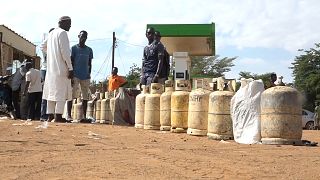
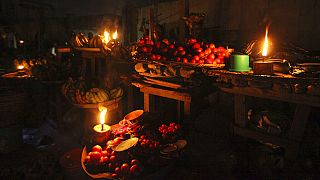
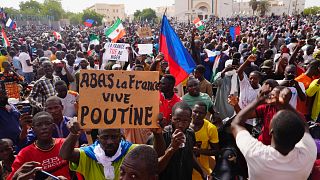
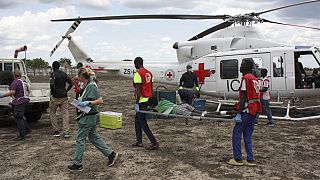
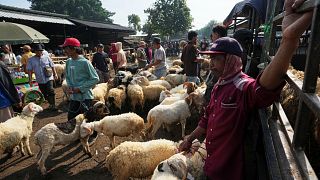
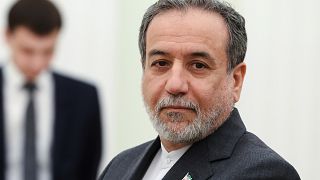


01:12
ECOWAS calls for restraint in violent protests in Togo
01:47
Sierra Leone’s Bio takes over as ECOWAS chair
Go to video
ECOWAS leaders meet in Abuja amid regional tensions and leadership transition
48:03
Half a century later, Is ECOWAS falling apart? [Africanews Debates]
01:11
ECOWAS at 50: Celebrating unity as the region fragments
01:14
ECOWAS Meets in Ghana to Tackle Member Withdrawals